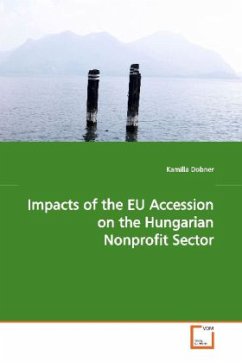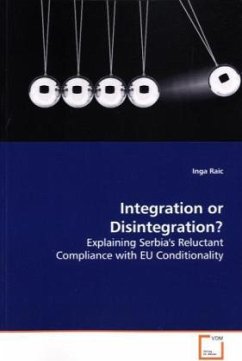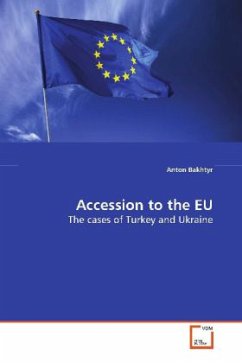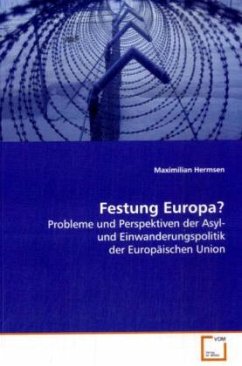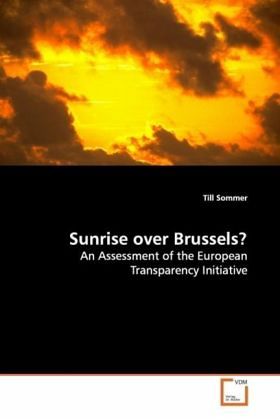
Sunrise over Brussels?
An Assessment of the European Transparency Initiative
Versandkostenfrei!
Versandfertig in 6-10 Tagen
32,99 €
inkl. MwSt.

PAYBACK Punkte
16 °P sammeln!
Lobbying is not only an essential part of everymodern democracy, but it is also a highly debatedissue. Decision-makers and political scientists alikeconsider lobbying as a vital component of effectiveand efficient policy-making. However, considerablesections of the media and the public perceive it asan intransparent part of the policy-making process inwhich representatives of powerful interests strivefor concentrated benefits by offering checks insmoke-filled rooms. The European Transparency (ETI)tries to address this misconception by establishing avoluntary register for interest representativ...
Lobbying is not only an essential part of every
modern democracy, but it is also a highly debated
issue. Decision-makers and political scientists alike
consider lobbying as a vital component of effective
and efficient policy-making. However, considerable
sections of the media and the public perceive it as
an intransparent part of the policy-making process in
which representatives of powerful interests strive
for concentrated benefits by offering checks in
smoke-filled rooms. The European Transparency (ETI)
tries to address this misconception by establishing a
voluntary register for interest representatives. The
proposal of the register initiated an occasionally
heated debate among Brussels' lobbyists and the
European institutions. This book addresses the key
issues of this debate and provides an academically
sound assessment of the ETI. It covers the general
rationale of the register as well as its definitions,
procedures, scope and focus. While the book comes to
a rather negative conclusion, it offers
recommendations for improvements and contributes to a
still ongoing debate that is no longer limited to
Brussels but increasingly spreads into the Member
States as well.
modern democracy, but it is also a highly debated
issue. Decision-makers and political scientists alike
consider lobbying as a vital component of effective
and efficient policy-making. However, considerable
sections of the media and the public perceive it as
an intransparent part of the policy-making process in
which representatives of powerful interests strive
for concentrated benefits by offering checks in
smoke-filled rooms. The European Transparency (ETI)
tries to address this misconception by establishing a
voluntary register for interest representatives. The
proposal of the register initiated an occasionally
heated debate among Brussels' lobbyists and the
European institutions. This book addresses the key
issues of this debate and provides an academically
sound assessment of the ETI. It covers the general
rationale of the register as well as its definitions,
procedures, scope and focus. While the book comes to
a rather negative conclusion, it offers
recommendations for improvements and contributes to a
still ongoing debate that is no longer limited to
Brussels but increasingly spreads into the Member
States as well.




